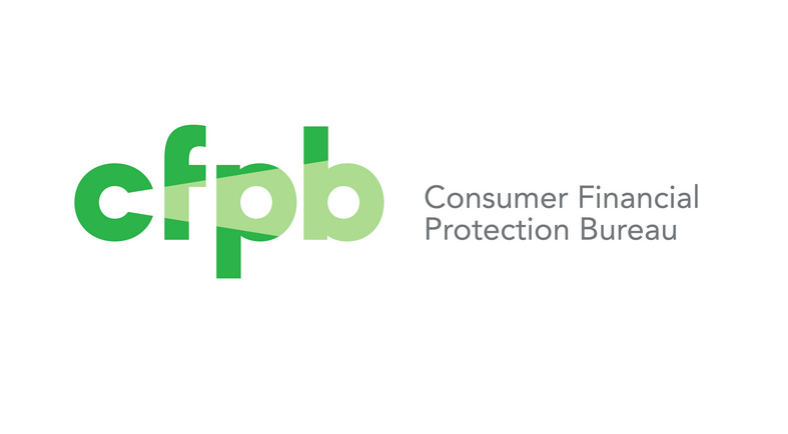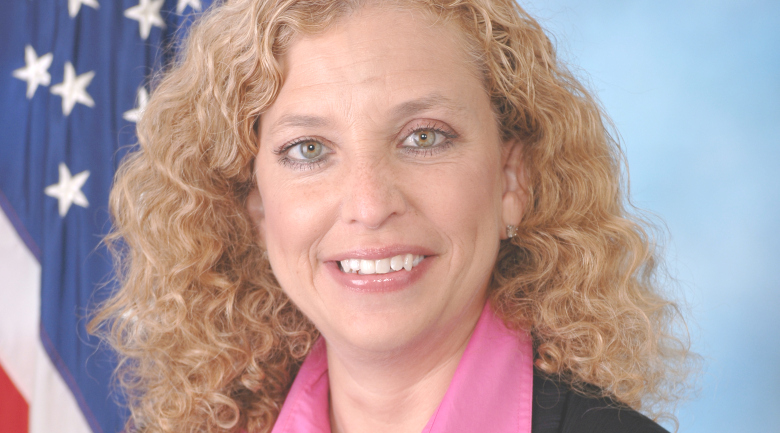CFPB vs DOJ
The Department of Justice (DOJ) on Friday filed their long awaited brief in the Consumer Finance Protection Bureau (CFPB) vs PHH Corporation case. The motion pits the DOJ against the consumer watchdog agency.
![]()
What beef could the DOJ possible have with an agency dedicated to protecting consumers? The debate all comes down to the CFPB’s unique structure, which the DOJ argues is unconstitutional.
Sovereign or nah?
“The Department of Justice argues that an independent agency with one sole individual at its head who can only be removed for cause is unconstitutional—and the exception permitted by the Supreme Court for independent agencies with a commission form of governance should not be extended to agencies with only one agency head,” explains Joseph Lynyak III, a partner at Dorsey & Whitney International Law Firm and one of the nation’s leading experts when it comes to the CFPB.
Essentially, the DOJ is arguing against the CFPB’s sovereignty.
According to the DOJ, the executive branch can’t effectively check the CFPB’s powers due to a “for cause” removal provision. This provision, only allows the CFPB’s director to be removed for “inefficiency, neglect of duty or malfeasance of office.”
The “for cause” clause
This “for cause” provision has been a major source of contention for the CFPB.
Last October, the the U.S. Court of Appeals for the Washington, D.C. Circuit struck down the clause.
With Friday’s motion, the DOJ has sided with the appeals court in favor of removing the clause and allowing the president to remove the CFPB’s director at will.
The real remedy
CFPB supporters may see this as a major blow to the agency. Others see striking down the “for cause” provision as a shortsighted, limited solution.
In fact, PHH, the mortgage lender that started it all by challenging the CFPB’s constitutionality wants the agency completely dissolved.
However, history shows that the courts are not willing to go down that route. “Unlike the legal position taken by PHH (which strongly argues that nothing can correct the constitutional defects inherent in the structure of the CFPB), the Department of Justice argues in its brief that the remedy adopted by the three-judge panel (i.e., striking the “for cause” provision and allowing the president to fire the Director of the CFPB without cause) is correct.
Importantly, this remedy was the focal point of a Supreme Court case written by the Chief Justice in 2010,” Lynyak points out. Lynyak is referring to 2010’s Free Enterprise Fund v. Public Company Accounting Oversight Board ruling. In that case, the court also struck down the “for cause” provision.
Constitutionality
“In addition, while the DOJ concedes that the PHH case could be decided without addressing the constitutional issues, it correctly indicates that at some point in the immediate future the constitutionality of the CFPB will have to be addressed,” adds Lynyak.
This may eventually leave the CFPB’s future in the hands of the nation’s highest court.
“Whether the determination is made in this case or another case, eventually an inferior court will issue a decision adverse to the CFPB that will force the U.S. Supreme Court to take up the case,” Lynyak tells Bloomberg Law.
It could go all the way
It’s hard to predict whether this case will go all the way to U.S. Supreme Court.
What we do know is that the court’s ruling could have a major effect on any business offering financial services.
A rehearing is scheduled for May 24. If the court upholds their decision to get rid of the “for cause” provision, President Trump can dismiss the CFPB’s current director, Richard Cordray. Trump could then replace Cordray with a director he deems more business friendly.
Consistent in its inconsistency
Regardless of who takes the director role, the financial services industry should be open to both the pros and cons of allowing the CFPB’s director to be replaced at will by the president.
[clickToTweet tweet=”A director appointed by one president can just as easily be replaced by the next administration.” quote=”A business friendly director appointed by one president, can just as easily be replaced by the next administration.”]
The cost of an inconsistent CFPB can’t be overlooked in the push to reform the troubled agency.
#CFPB
Staff Writer, Arra Dacquel is a San Francisco based writer. She has a bachelor’s degree in political science from UC Davis and is currently studying web development. She’s obsessed with tech news and corgis, but not in that order.









































Pingback: Printer cartridges may change your life, even if you don't have a printer - The American Genius